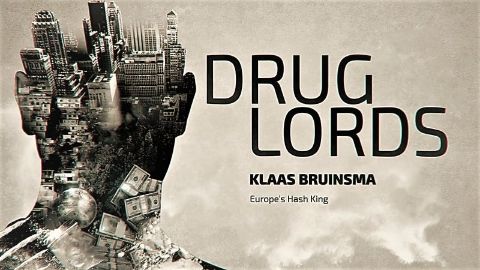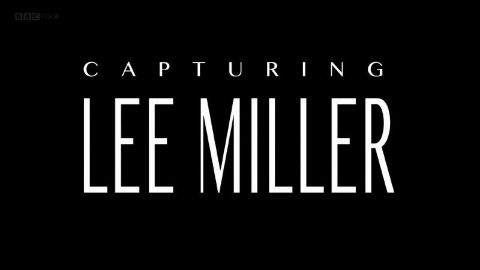The Virus of Faith • 2006 • episode "S1E2" • The Root of All Evil
The second episode delves into the moral framework that religions are often cited as providing and argues against the indoctrination of children. Dawkins compares religious faith to a virus, being passed from parents to offspring and teachers to pupils. He visits a London Hasidic Jewish school, where students are largely isolated from outside ideas, and Phoenix Academy, a semi-independent city academy following the American Accelerated Christian Learning curriculum. Dawkins interviews the headteacher about the integration of biblical stories into various academic subjects and explores the differences between secular ethics and morality based on religious law. He also discusses concepts from evolutionary biology, such as reciprocal altruism and kin selection, as explanations for morality.
Make a donation
Buy a brother a hot coffee? Or a cold beer?
Hope you're finding these documentaries fascinating and eye-opening. It's just me, working hard behind the scenes to bring you this enriching content.
Running and maintaining a website like this takes time and resources. That's why I'm reaching out to you. If you appreciate what I do and would like to support my efforts, would you consider "buying me a coffee"?
Donation addresses
BTC: bc1q8ldskxh4x9qnddhcrgcun8rtvddeldm2a07r2v
ETH: 0x5CCAAA1afc5c5D814129d99277dDb5A979672116
With your donation through , you can show your appreciation and help me keep this project going. Every contribution, no matter how small, makes a significant impact. It goes directly towards covering server costs.







